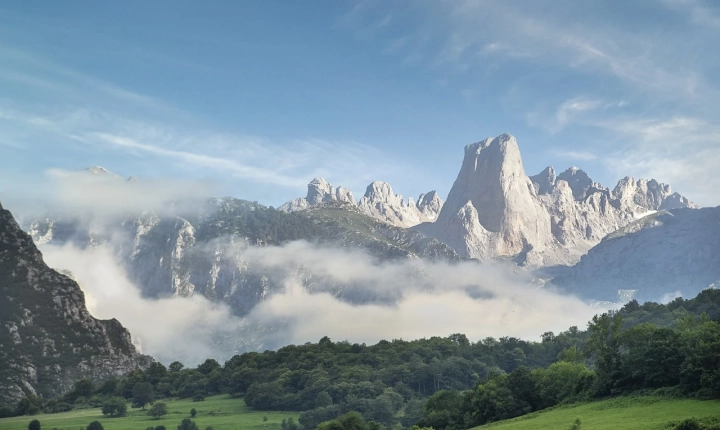Artificial Intelligence and Art: Exploring the Ethical and Creative Issues
Artificial Intelligence has made significant advancements in recent years, revolutionizing various fields including healthcare, finance, and transportation. However, its impact on the art world has stirred up ethical, creative, and philosophical debates. As AI continues to evolve, the intersection of technology and creativity raises crucial issues that need to be addressed. Here, we explore the key issues concerning AI and art, and their implications for the future of artistic expression.
The Role of Creativity and Authorship
One of the fundamental issues surrounding AI in art is the question of creativity and authorship. Can machines truly be creative, or are they merely synthesizing existing concepts and patterns? AI systems can analyze vast amounts of data and produce art that imitates the style of famous artists, blurring the boundaries of originality and artistic expression. This challenges traditional notions of authorship and raises concerns about the authenticity of AI-generated artworks.
Ethical Considerations
The use of AI in art also raises ethical concerns, particularly regarding the appropriation of human creativity. AI-generated art has the potential to devalue the work of human artists and undermine the artistic process. Additionally, there are concerns about the responsible use of AI in the creation of art, including issues related to copyright, intellectual property, and the potential for misuse or abuse of AI-generated content.
Impact on Cultural and Societal Norms
The integration of AI in art also has the potential to influence cultural and societal norms. AI systems are trained on large datasets, which may contain biases and stereotypes that can influence the content they produce. This raises questions about the societal impact of AI-generated art and its potential to perpetuate or challenge existing cultural narratives. Furthermore, the proliferation of AI-generated art may have implications for the art market, as new forms of digital art and AI-generated masterpieces enter the scene.
Challenges to Human Creativity
As AI continues to develop, there is a prevailing concern about the impact of technology on human creativity. Some fear that the widespread use of AI in art may diminish the value of human artistic expression, leading to a homogenization of creative work. There is a need to address the balance between human and AI creativity, ensuring that technology enhances rather than replaces human imagination and ingenuity.
Opportunities for Innovation and Collaboration
Despite the challenges and ethical considerations, AI also presents opportunities for innovation and collaboration in the art world. Artists, technologists, and researchers are exploring the potential of AI as a tool for creative exploration, enabling new forms of artistic expression and expanding the boundaries of traditional art forms. AI tools can inspire new modes of collaboration and experimentation, leading to the creation of thought-provoking and groundbreaking art.
Moving Forward: Navigating the Intersection of AI and Art
As AI continues to shape the art world, it is essential to navigate the intersection of technology and creativity in a thoughtful and responsible manner. It is crucial for stakeholders in the art community to engage in open dialogue and ethical reflection, addressing the implications of AI on artistic expression, cultural values, and human creativity. Furthermore, the development of ethical guidelines and regulations can help mitigate potential risks and ensure that the integration of AI in art aligns with principles of fairness, authenticity, and respect for human creativity.
In conclusion, the increasing influence of AI in the art world raises complex and multifaceted issues that require careful consideration. By addressing the ethical and creative challenges, while embracing the opportunities for innovation and collaboration, we can shape a future where AI and art coexist in harmony, enriching the cultural landscape and inspiring new forms of artistic expression.
